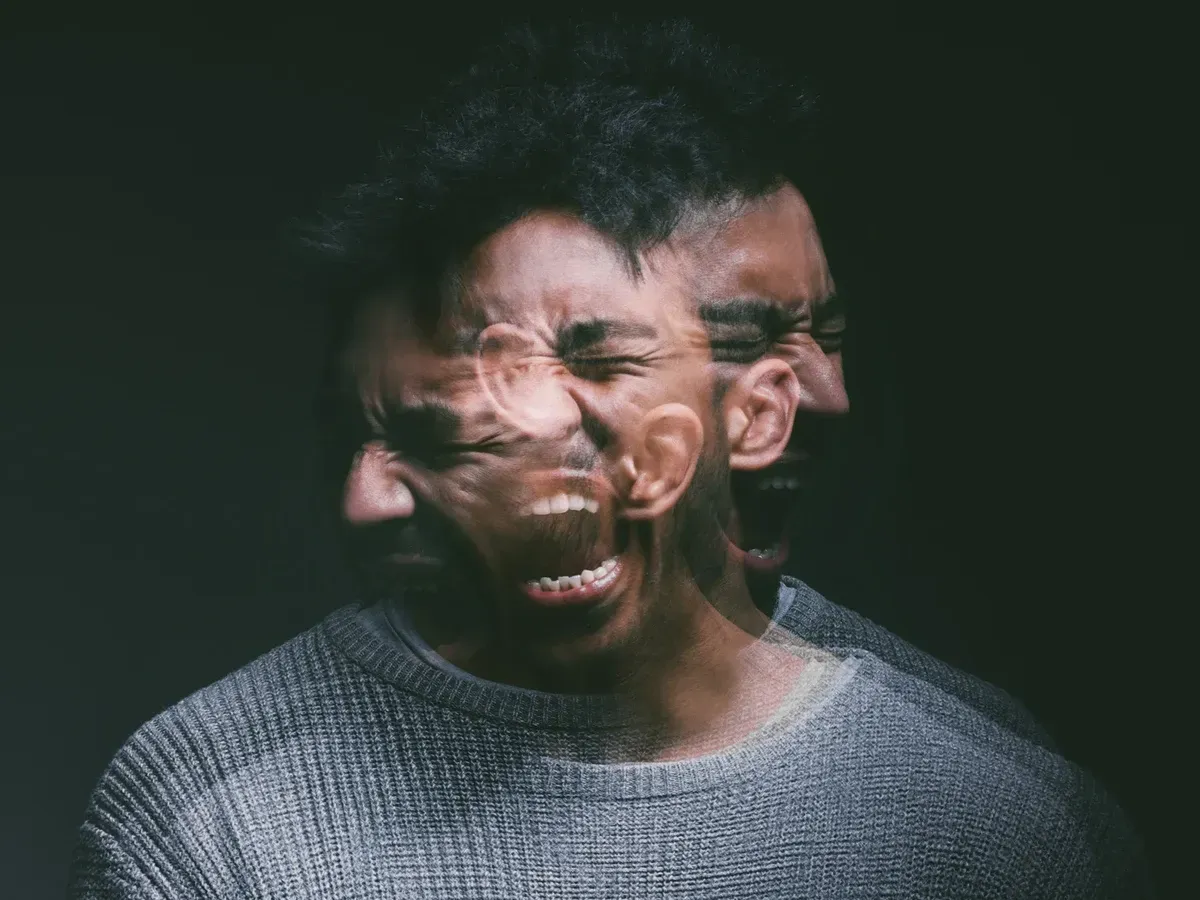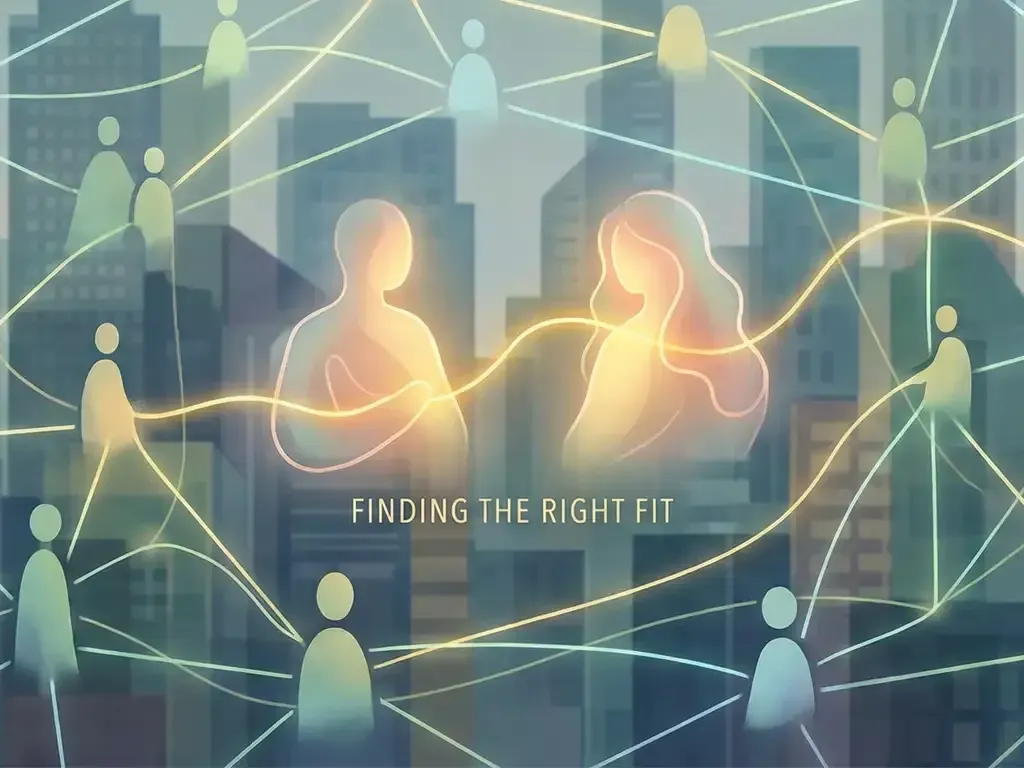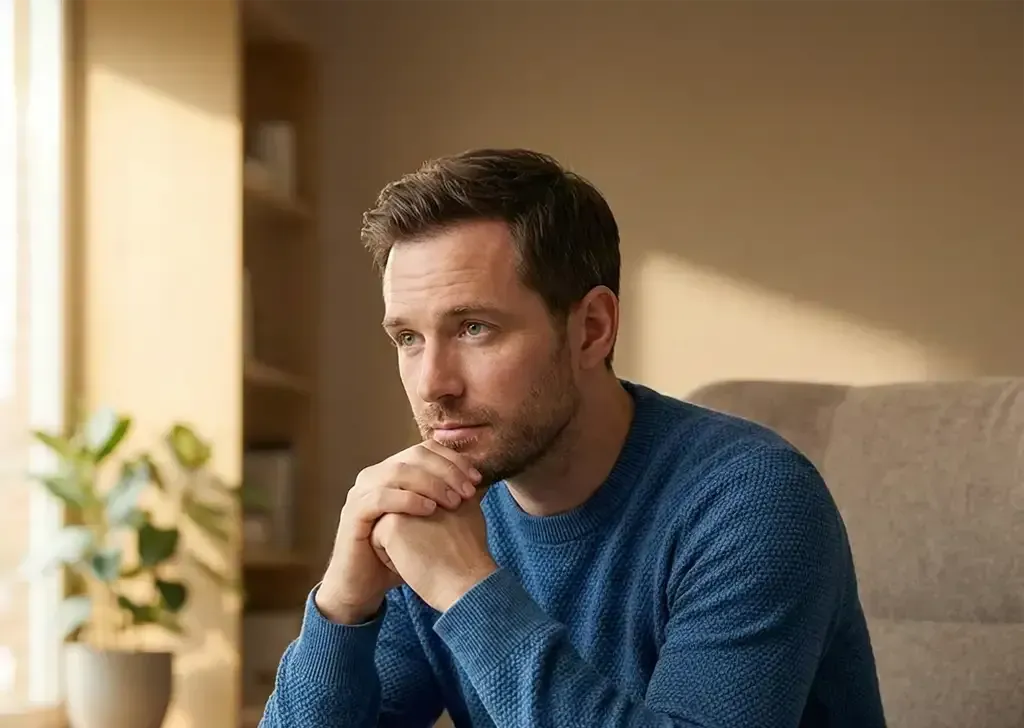Why So Many Men Avoid Therapy—And Why It’s Time to Change That

Recent Posts
Let’s be honest: the idea of therapy can feel… uncomfortable. Maybe even threatening. Especially if you’ve spent your whole life hearing things like “man up,” “don’t be so sensitive,” or “just figure it out.”
For a lot of men, therapy seems like a last resort. Something you only do when everything else has failed. Or worse—something that means you've failed.”
But here’s the truth: avoiding your pain doesn’t make it go away. It just makes you carry it longer. And often, carry it alone.
So… why do so many men avoid therapy?
What’s the cost of staying silent?
Here’s what therapy can actually be:
You're not alone.
Men are struggling—and too often, they're doing it in silence.
According to the CDC (2022), men die by suicide nearly four times more often than women. Depression in men frequently goes undiagnosed. And while men experience mental health challenges at similar rates to women, they're far less likely to seek support. In fact, research shows that only about one in three men with mental health issues receive professional help (Addis & Mahalik, 2003).
There are a lot of reasons for that. Many men grow up learning to “tough it out,” to solve problems on their own, to never show what’s going on beneath the surface. Vulnerability is often seen as weakness—even when the pain becomes overwhelming.
But struggling alone doesn’t make you strong. It makes you human.
There’s no one answer. But here are a few patterns that come up again and again:
1. Social conditioning and gender norms
From an early age, boys are often taught that emotions are dangerous or unmanly. Expressing sadness or vulnerability is seen as weak. Over time, that message turns inward: “If I’m struggling, something’s wrong with me."
2. A different language for emotions
Many men haven’t been taught how to identify or express what they’re feeling. So instead of saying “I’m anxious,” it might come out as irritability. Instead of “I feel sad,” it might show up as withdrawal or shutting down.
3. Fear of judgment
Therapy requires honesty. And if you’ve never had a safe space to be open, that level of vulnerability can feel like a risk. There’s a fear of being misunderstood—or worse, being seen as broken.
4. The pressure to solve everything alone
Independence is often celebrated in men. But taken to the extreme, it can prevent you from asking for help—even when you really need it.
Depression in men often goes unnoticed. It doesn’t always look like sadness—it might look like anger, fatigue, or numbing out. Untreated mental health struggles can take a serious toll on your relationships, work, physical health, and overall quality of life.
Avoiding therapy doesn’t make you strong. It just makes healing take longer.
It’s time to change the story.
You're not weak for struggling. You're not broken because life feels heavy. And you don’t have to keep going like this just because it’s what you’ve always done.
Getting help isn’t giving up. It’s
leveling up.
Therapy doesn’t make you less of a man. It helps you become more of the person you want to be.
If you're even
thinking about therapy, that's worth listening to. You don’t have to do this alone.
You were never meant to.
- A space where you're not expected to have it all figured out
- A judgment-free zone to unpack the things you’ve been carrying
- A place to reconnect—with your values, your emotions, and the people around you
- A chance to learn tools for managing stress, anger, anxiety, and more
You don’t need a diagnosis or a rock-bottom moment to go to therapy. You just need to be ready for something to feel better. You just need to be human—which you already are.













